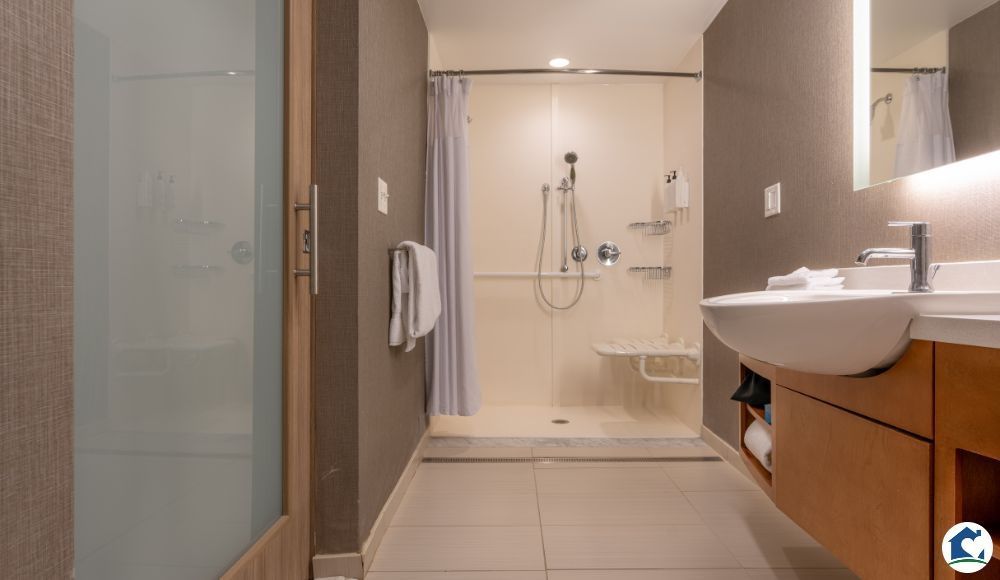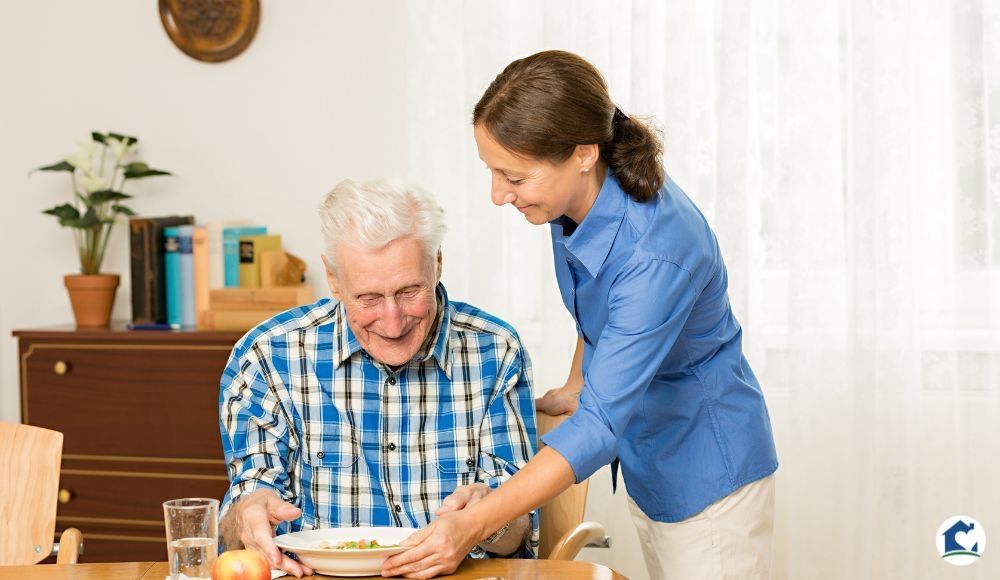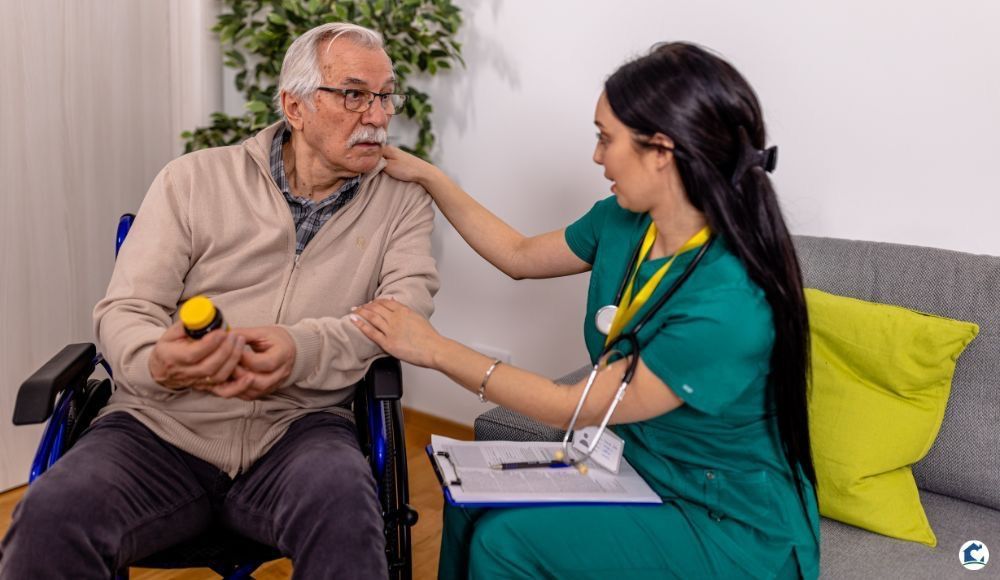The Role of Caregivers in Enhancing Seniors' Quality of Life
Senior care demands more than basic need fulfillment. It requires both basic need fulfillment and the creation of an enriching experience that maintains the dignity of seniors. Caregivers function as vital figures who deliver practical assistance while building emotional bonds and offering support to help seniors reach their complete well-being. Caregiving work creates significant impacts on the physical state, mental resilience, and life purpose of older adults.
Providing Emotional and Physical Support
Because it makes seniors feel appreciated and cared for, creating a safe and supportive environment is one of the most essential parts of providing care. Anxiety and loneliness are common among older adults and can be lessened by offering emotional support. Seniors can maintain a positive outlook on life by receiving reassurance from caregivers through companionship and active listening.
Physical assistance is just as necessary. The daily activities of dressing, bathing, and getting help moving around assist seniors to maintain their independence and personal hygiene as much as possible. Caregivers' hands-on support reduces the risk of accidents, including falls, and ensures that medical needs are met promptly. Seniors can live comfortably and confidently when they receive both physical and emotional support.
Encouraging Hobbies and Meaningful Activities
Hobbies, together with purposeful activities, serve as vital elements for senior citizens to preserve their mental and emotional well-being. Caregivers need to select activities that suit the senior's preferences and skill level, including gardening, painting, reading, and basic craft projects. The activities help seniors experience accomplishment while maintaining their cognitive functions.
Caregivers are essential facilitators of social interaction by helping seniors participate in group activities and community events and maintain relationships with friends and family. The experiences help seniors feel less isolated while providing them with stronger feelings of belonging and happiness. Caregivers who promote meaningful engagement create better daily experiences that support emotional health.
Working with Physical Therapy and Rehabilitation Efforts
The process of aging, together with surgery and illness, creates physical challenges for many seniors, which makes rehabilitation and physical therapy necessary for their recovery and mobility. Caregivers establish a connection between seniors and healthcare providers to guarantee that therapy plans get executed properly and safely. The caregivers help seniors remember their exercises while assisting with correct movements and tracking progress, while providing motivational support.
The continuous support system enhances therapy outcomes by enabling seniors to rebuild their strength and balance and regain confidence in their physical capabilities. Medical professionals receive updates about senior condition changes from caregivers who help maintain proper timing for treatment plan modifications. Caregivers who work alongside therapists become essential for both recovery support and physical independence maintenance.
A Vital Link to Quality of Life
Caregivers serve as more than helpers because they provide companionship, advocacy, and motivational support. Caregivers improve all aspects of senior life by offering emotional and physical assistance while supporting meaningful activities and working together with rehabilitation programs. Their dedication makes aging about living well with dignity, purpose, and joy instead of just extending lifespan. A caring caregiver stands as the essential element that helps seniors preserve their high standard of living during their elderly years.
Request a Free In-Home Consultation With a Licensed Nurse
Discover how Comforting Home Care by Phoebe can support you or your loved ones. Schedule a complimentary in-home consultation today, and one of our compassionate licensed nurses will visit you anywhere in Berks, Bucks, Lehigh, or Northampton Counties.
Contact us at 610-625-5206 or connect with us online to learn more.












